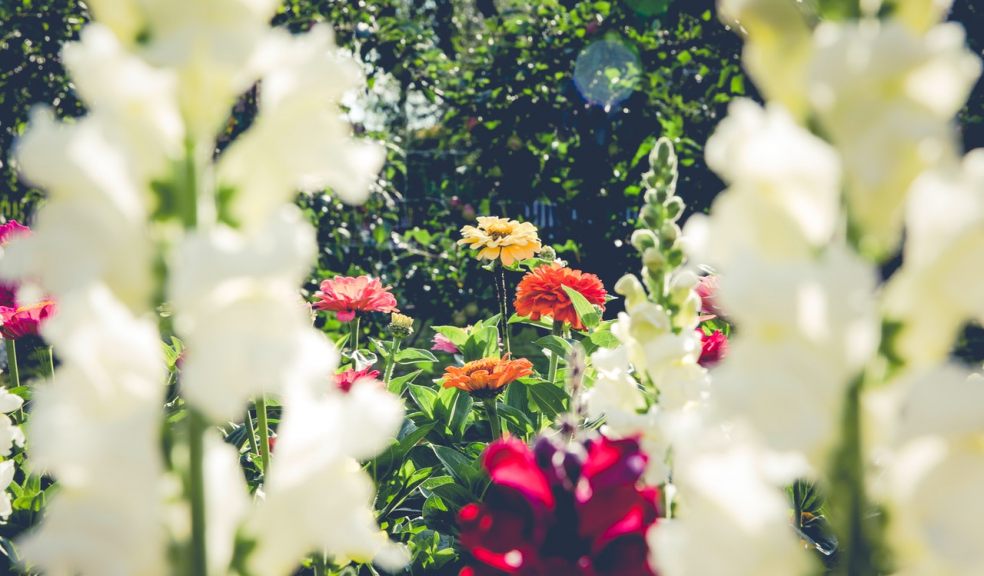
7 Benefits of Growing Perennials On Your Garden
Perennials are different from other plants like annuals and biennales as they live for many years. When you have a perennial plant, they bloom, crop, and die after a year. However, the root remains, and through this, the next year’s crops and flowers will come out from the seed. A good example is fruit trees, like the Japanes persimmon tree, that many gardeners consider incorporating in their garden. Although, there are many types of perennial flowers and vegetables, among others. Because of their strong root system, growing perennials have many advantages regarding its root systems. Here are the benefits of growing perennials in your garden.
- Soil structure
Since the perennial rootstock stays in to the soil and it grows successively over years. They are beneficial to improving the soil structure due to their strong root systems. This is because as they grow and spread out more, they create spaces and channels that allow the water to percolate. Also, they help to open up the pore spaces to help with aerating of the soil. Through this, they benefit the plants in that area and the microorganisms as well. Thus, it gives them the water and oxygen that they need to survive. Plus, it routes through the soil to ensure that it processes more organic matter.
Ground Cover

Planting low lying perennials helps to maintain the soil humidity levels by keeping dirt covered and not exposed to the sun. Also, they ground cover plants can keep the sun and water from eroding the top soil and from leaching out nutrients. This is even effective during the winter months as the roots remain intact even if the tops die back or shed their leaves. And if you choose a nice flowering ground cover, it can make a very attractive display of layered color with taller perennial varieties growing over the top of the shorter ground cover plants.
- Nutrients
Perennials have deep root systems that stretch down into the soil. Therefore, they can access nutrients that are out of reach for other plants like the annuals. When they access the nutrients, they bring the nutrients up to the surface, and in this way, other plants can access it. For elements such as nitrogen, this is important, as they are essential for plant growth, and many plants need a lot of it. So perennials help a lot in bringing up the trace elements like iron and magnesium that lie further down in the soil profile to the topsoil.
- Saves energy

As the perennial plants grow their crops from the same rootstock, while you grow it, you do not have to use a lot of energy clearing areas of sowing seeds and composting, sowing, mulching the soil to supply nutrients for the plants. Also, when you have perennials, you are sure about the quality and amount of crop that the perennial you have will generate during its mature years. So, you can easily plan if it is vegetable and fruit to ensure that the product sells at the local market and also to know when the crop will be ready for harvest. All in all, perennials need less care in comparison to annuals that need a lot of care to thrive. This is because they are established, and their rooting system helps to give them the necessary nutrients that they require.
- Water
Perennials not only bring nutrients from further down the soil profile to the upper part of the soil, but the root systems of perennial plants are essential to help in drawing moisture up as well. So, when you plant perennials next to annuals, they benefit from the moisture and nutrients that perennials bring to the upper levels of the soil as they have shallower roots. Besides, it helps to prevent the soil from drying out, and so it will not be susceptible to erosion by the wind.
- Propagation
There are many species of perennial plants that live for a long time. However, even such plants, eventually start to decline. Regardless, perennials lend themselves to the propagation method of dividing. Through this way, they dig up the root clump of the plant, and then they split it into more separate plants. Afterward, the gardener can plant each division by ensuring that they have an area as large as that which was occupied by the previous plant. Then, they will become new and viable plants that replete with renewed vigor and a lot of growth potential. This benefit makes the perennial plants to stand out from other plants.
- Variety
Since there are many varieties of perennials available, there also more blooming times. So, if you are planting perennial vegetables, you can plan when various crops will be available to you. In this way, you can extend the productive season of your plot with proper planning. Also, due to their varieties, they are some that are hardier than annuals and thus survive extreme weather events and produce crops even when climatic conditions are not ideal. Add organic compost as you grow your perennial crops to ensure they get established where they will occupy for several years. After this, you do not need much of the compost, but it will benefit from mulching when it becomes hot.
In summary, as a gardener, you may want to know the best flowers, vegetables, and fruits to add to your garden. Although the list of plants you can choose are endless, add perennials to gain the above benefits and much more that they have to offer. Either it is a vegetable, cover crop or fruit tree. All these are essential to the soil and to the plants that are around them. Plus, you will enjoy better planning with perennials, and they are good for the ecosystem.

















